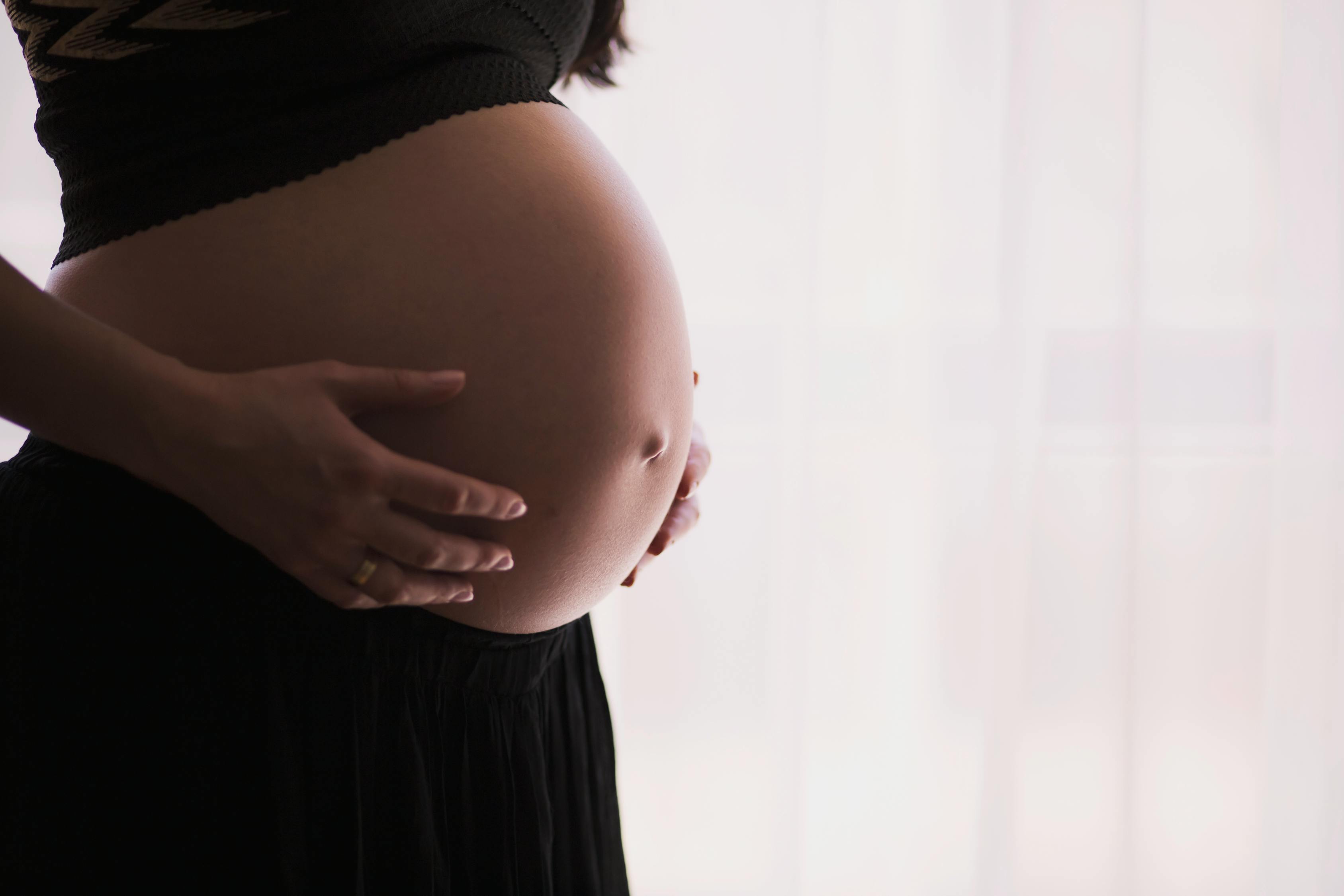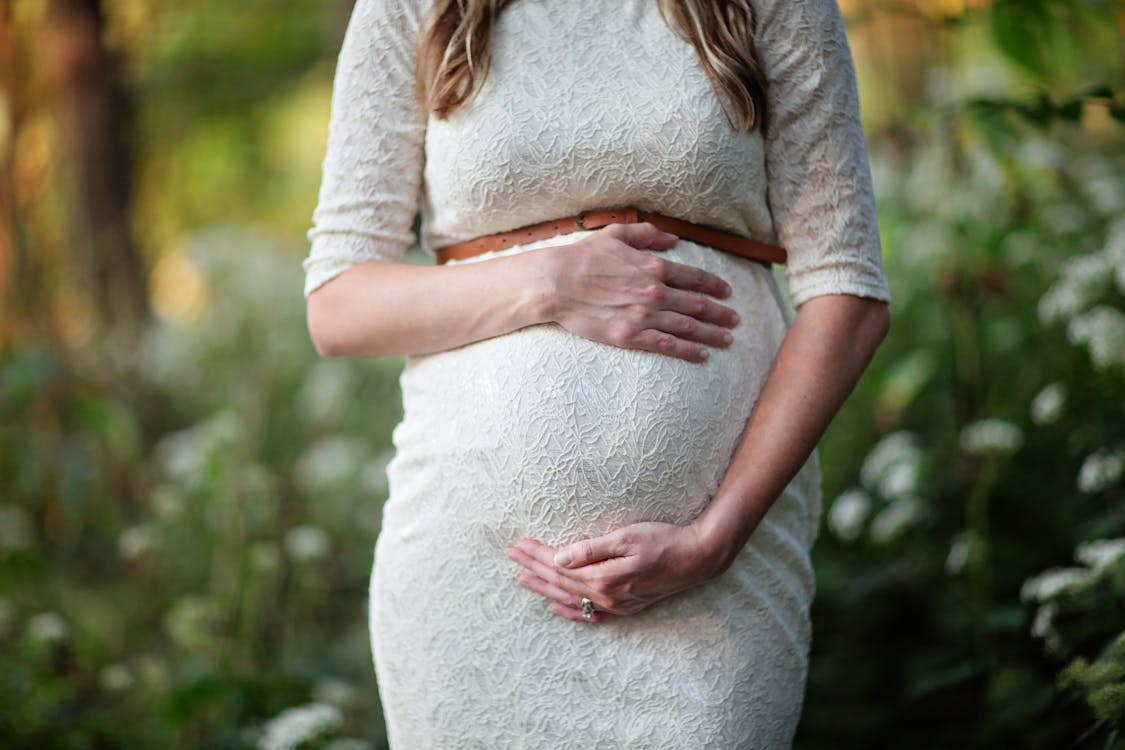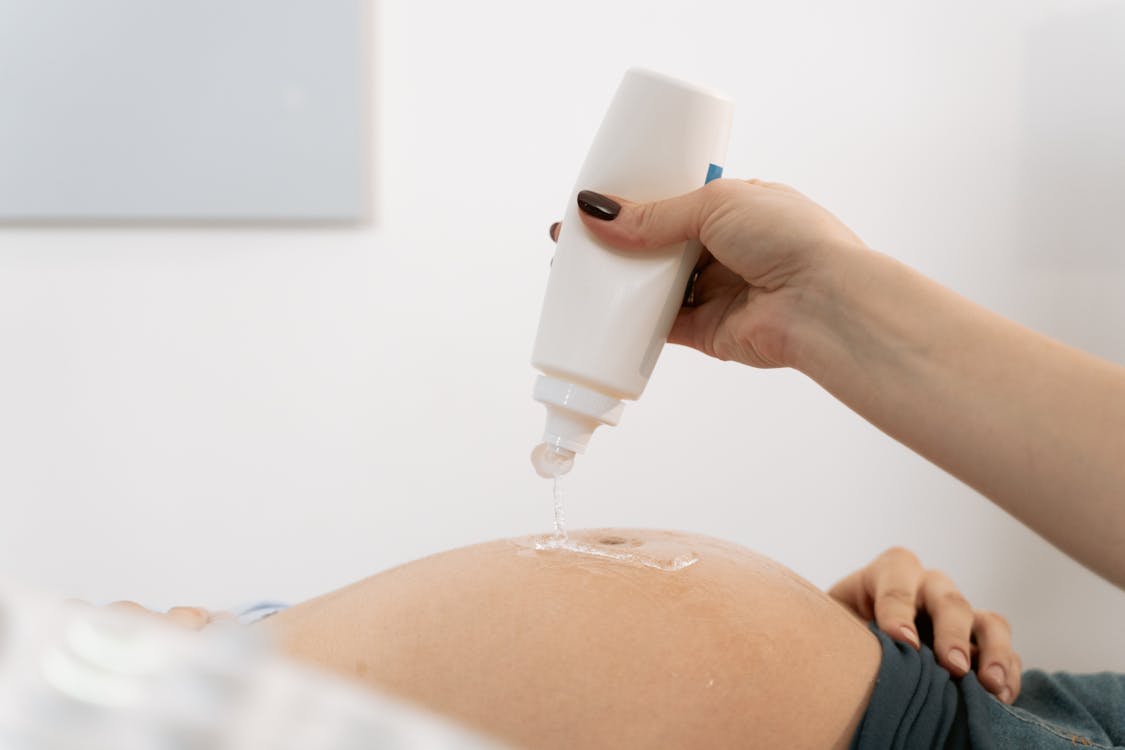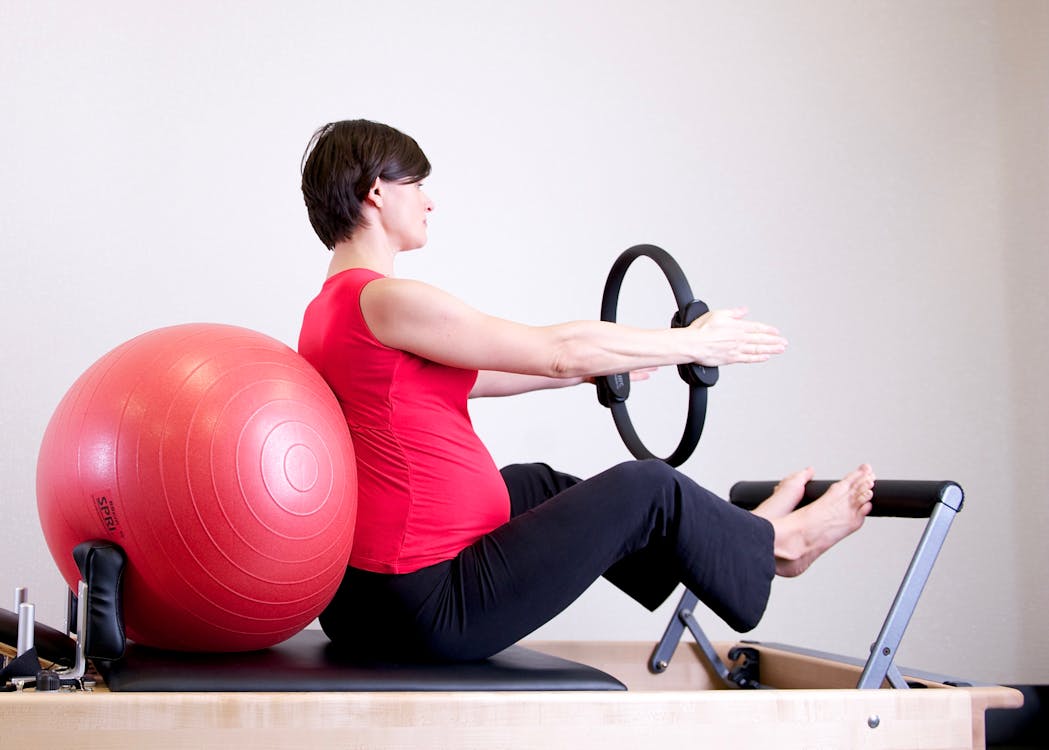One of the most notorious afflictions that can occur during pregnancy is preeclampsia, a dangerous condition that affects around 5-8% of all pregnancies. Preeclampsia is notorious for having no exact cause, bringing about serious complications, and being difficult to manage.
However, with proper detection and treatment, you can manage preeclampsia, and in many cases, the pregnancy can proceed normally. Knowing more about preeclampsia can help mothers-to-be prepare to deal with preeclampsia.
Read on below to find out about preeclampsia, its signs and symptoms, and when you should call a doctor immediately.
What is Preeclampsia?
At its core, preeclampsia is the manifestation of two events during pregnancy: high blood pressure and damage to the liver or kidneys. Preeclampsia usually occurs during the second trimester in women who had normal blood pressure before and during the first few months of pregnancy.
However, a variant called postpartum preeclampsia can also occur after birth. Whatever the time of occurrence, uncontrolled preeclampsia can have lethal consequences for you and your baby, so early detection and management are crucial.
As explained later, the most effective treatment for preeclampsia is the delivery of the baby, which can be problematic if the onset of the preeclampsia is too early to ensure safe delivery.

Preeclampsia Causes
Experts used to call preeclampsia the “disease of theories” due to the confusing variety of proposed causes of the condition. Nowadays, while there is some consensus already, the origins of preeclampsia are still active areas of research.
Many theories focus on how the placenta interacts with the mother’s body. There may be problems with how placental blood vessels attached to the blood vessels of the mother, restricting blood supply to the baby.
It is also possible that the placenta sends excessive amounts of chemical messengers into the maternal bloodstream, causing the body to mount a damaging inflammatory response against the placenta.
Preeclampsia Risk Factors
The causes of preeclampsia are still under study. However, experts have identified some preeclampsia risk factors that make developing preeclampsia more likely in a pregnant woman:
-
Obesity or a history of obesity
-
History of hypertension, diabetes, or kidney disease
-
Age (Women below 35 years old are at higher risk)
-
Family history of preeclampsia
-
First-time pregnancy, including the first one with a new partner
-
Multiple pregnancies
-
Pregnancies from in-vitro fertilization
-
Having babies less than 2 years or over 10 years since last pregnancy
If these preeclampsia risk factors apply to you, it’s best to consult a health care provider early on. This way, you can learn about preventive measures. You may then plan for the possibility of preeclampsia.

Preeclampsia Symptoms
High blood pressure is the most prevalent of the preeclampsia symptoms. So, you will find that the signs of preeclampsia are linked to hypertensive disorders. Lacey Krebsbach, MD adds that “Typical preeclampsia starts with elevated blood pressures and excess protein in the urine. But, not every case is typical.” For instance, the following may occur:
-
body fluid retention and reduced urination, signs of kidney disease
-
sudden weight gain
-
dizziness
-
changes in vision
-
severe headaches
A pregnant woman with preeclampsia can also experience no preeclampsia symptoms. You need to contact your doctor immediately if you have the following signs of severe preeclampsia:
-
sudden swelling near face, hands, and eyes
-
blood pressure readings above 130/80
-
severe and sudden disturbances in eyesight, including blurry vision
-
heavy belly pain
Preeclampsia Diagnosis
To be diagnosed with preeclampsia, you have to have high blood pressure. In addition, you’ll have to present any of these other preeclampsia complications after the 20th week of pregnancy:
-
Protein in the urine
-
Other signs of kidney problems
-
Elevated liver enzymes
-
Low platelet count
-
Fluid in the lungs
-
Newly developed headaches
-
New-onset visual impairments, such as blurred vision
Before, doctors only diagnose preeclampsia in pregnant women who have high blood pressure and protein in the urine. However, they have now determined that protein in the urine is not a prerequisite for preeclampsia.
Confirmation Tests
If your health care provider suspects that you have preeclampsia, they may order any of the following tests to confirm your condition:
Blood Tests
Kidney and liver problems are common among women with preeclampsia. Thus, your doctor will most likely order a blood test to measure your kidney and liver function. They will also check your platelet count, as pregnant women with preeclampsia are prone to developing blood clots.
Urine Tests
As earlier mentioned, protein in the urine can signify pregnancy preeclampsia. So, expect your doctor to ask you to collect your urine for analysis.
Ultrasound
Having preeclampsia puts you and your baby at risk of serious complications. Thus, your doctor will also closely monitor your baby’s growth. They can do this through ultrasound exams.

Avoiding Preeclampsia
There are no definite strategies to prevent preeclampsia. However, there are some ways to minimize preeclampsia risk.
Staying Healthy During Pregnancy
You can prevent preeclampsia by staying healthy. Try to stay at a healthy weight as advised by your health care provider. Eating healthy foods is crucial to your and your baby’s health. Exercising regularly with a low-impact routine can also help.
Supplements and Medication For Pregnant Women
Calcium supplements and low-dose aspirin are also advisable. However, make sure to consult your doctor. This is recommended before taking any medication or supplements.
Here are some of the best-selling supplements in Amazon for pregnant women:
1. Naturelo Prenatal Multivitamin (See Customer Reviews & Ratings)
2. Garden of Life – Raw Calcium Supplement for Pregnant Women
(See Customer Reviews & Ratings)
3. Garden of Life Mykind Organics Prenatal Daily Whole Food Vitamins
(See Customer Reviews & Ratings)
Vigilant Monitoring During Pregnancy
If you are at risk of preeclampsia, you have to be more vigilant about your health. You’ll need regular blood pressure checks at home, in addition to diligently going to your doctor’s appointments.

What Complications Can Arise from Preeclampsia?
Preeclampsia can be very dangerous to your baby’s health. It can limit the amount of blood that the baby receives during pregnancy. Without enough blood reaching them, they are more likely to have learning or developmental disabilities as well as problems with vision or hearing.
In rare cases, preeclampsia can cause stroke, seizures, heart complications, and even blindness. Finally, preeclampsia can cause placental abruption, where the placenta disconnects from the uterus, causing stillbirth.
How Do You Treat Preeclampsia?
Delivering the Baby
As mentioned earlier, the best cure for preeclampsia is the delivery of the baby, as the symptoms disappear rather quickly postpartum. According to M. Sean Esplin, MD, “Your doctor will treat your preeclampsia based on how severe your symptoms are, how far along you are, and how well your baby is doing.”
If the pregnancy is already beyond 37 weeks, then it is usually safe to induce labor. Your baby won’t be considered premature anymore if born by this period. If your baby is younger than 37 weeks, your doctor will discuss how far your baby has developed. He or she will also discuss the overall health of you and your baby, as labor may still be induced.
Controlling the Condition
Of course, preeclampsia will result in premature birth, your baby will require special treatment for several weeks, and your baby may not survive the early delivery. Other options include continuing to carry the baby and attempting to manage your preeclampsia.
For patients who will try to control the symptoms of preeclampsia, they will need antihypertensive medication. This medicine will help to reduce their high blood pressure. Melissa March, MD says, “Experts advise women with a high risk for preeclampsia to take low-dose aspirin daily starting at the beginning of the second trimester, which reduces their risk.”
They might also get medicine to suppress seizures, as this is a common complication of preeclampsia. Sometimes, pregnant women get steroid medication to help the baby develop faster and to hasten their delivery. The mother may be admitted to the hospital. In that way, the doctor can monitor the patient more closely and tend to any possible injuries.
Other Conditions Affecting Your Blood Pressure
Gestational hypertension is present only during pregnancy. Unlike preeclampsia, this condition doesn’t result in less protein concentration in the urine. Gestational hypertension is different. It may eventually develop into preeclampsia.
Chronic hypertension occurs before pregnancy. It is a condition wherein you already have high blood pressure. These are why you should closely monitor your blood pressure during pregnancy.
FAQs
What symptoms do you get when you’re 1 week expecting?
Pregnancy symptoms don’t occur right away. Most of the symptoms are evident in the 4th week of pregnancy. The first signs of pregnancy include missed periods, vomiting, soreness or tenderness of breasts, frequent peeing, and fatigue.
How early do symptoms start?
For some, symptoms start as early as one week into the pregnancy. While for others, it may take weeks before the symptoms begin for them to notice.
How do you feel in your stomach?
During pregnancy, the stomach may feel bloated, round, and full. This feeling is caused by the pregnancy hormone acting in the body.
What is pregnancy?
Pregnancy is the period wherein a baby grows inside the womb until it is ready for birth. This occurs during ovulation when an egg is fertilized by a sperm. Pregnancy usually lasts for around 9 months or 40 weeks after the last menstrual cycle.
How do I know I am expecting?
Symptoms occur to indicate pregnancy. Some of these include a missed period, nausea, fatigue, and frequent urination. If you notice these symptoms, a pregnancy test kit can confirm it for you and it will also be best to see your doctor.
What makes you pee a lot in the early trimesters?
During pregnancy, there is an increase in blood flow which causes a 25% increase in urine. This increase is at peak between weeks 9 to 16 of pregnancy. Peeing is also affected by the pressure on the bladder from the uterus.
Can a man sense if a woman is pregnant?
Couvade Syndrome happens when expectant dads also experience symptoms of pregnancy. This type of syndrome is not fully understood yet but occurs mostly during the first trimester. Some symptoms of the Couvade syndrome include anxiety, change in appetite, back pain, and gastrointestinal issues.
Is white discharge a sign of pregnancy?
Pregnancy is characterized by vaginal discharge. It is a sticky pale-yellow or white mucus that begins in the first trimester and lasts the entire pregnancy. This happens because of the increased blood flow in the vagina.
Disclaimer: The information on this site is not intended or implied to be a substitute for professional medical advice, diagnosis or treatment. All content, including text, graphics, images and information, contained on or available through this website is for general information purposes only. Please see a medical professional if you need help with depression, illness, or have any concerns whatsoever. WE DO NOT OFFER MEDICAL ADVICE, COURSE OF TREATMENT, DIAGNOSIS OR ANY OTHER OPINION on your conditions or treatment options. SERVICES OR PRODUCTS THAT YOU OBTAIN THROUGH THIS WEBSITE are for information purposes only and not offered as medical or psychological advice, guidance or treatment.
We also use some affiliate links in this blog to help support continuous production of wholesome parenting content such as this. 🙂 Feel free to use them to show your support.

